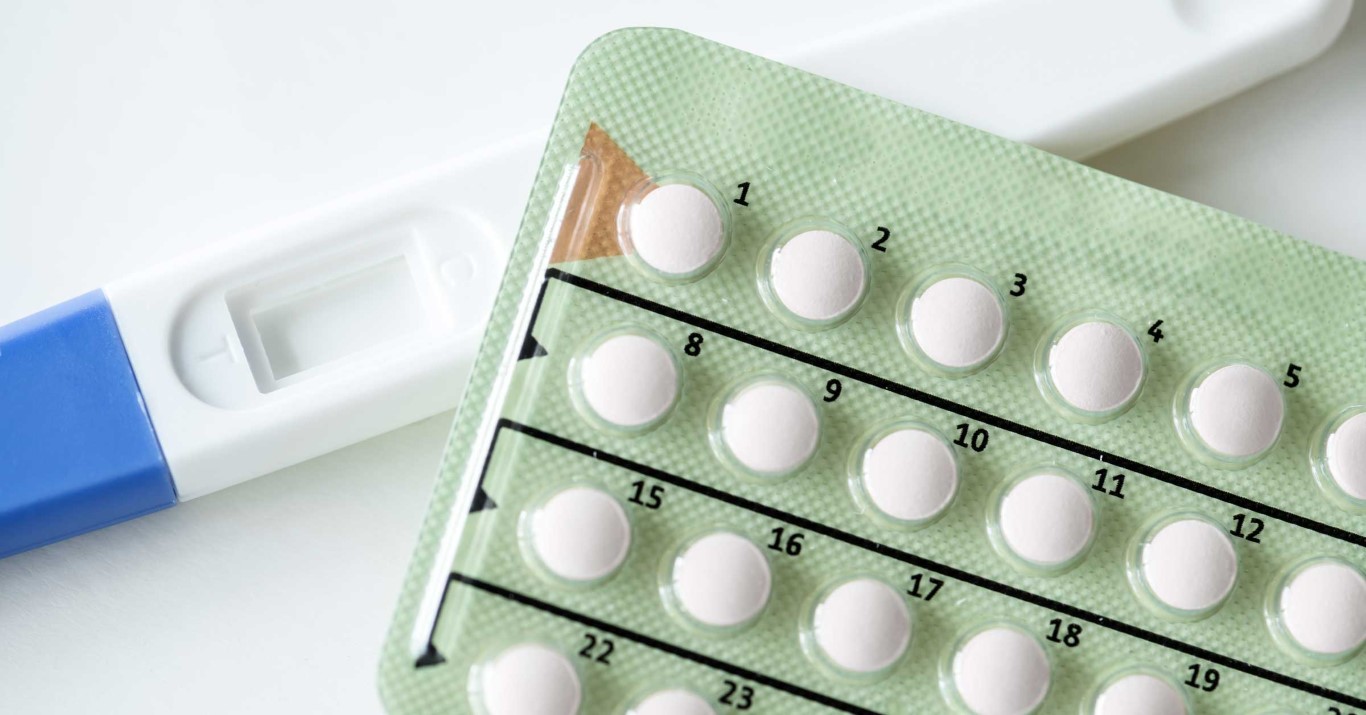Modern medicine has provided women with numerous contraceptive options to suit their individual needs. However, hormone-based options are the most widely used form of birth control. These medications deliver doses of estrogen, progesterone or both in order to suppress ovulation and thicken the lining of the uterus to prevent egg implantation. For some women, hormonal contraceptives also help them better manage various reproductive disorders like severe menstrual pain, irregular periods and hormonal imbalances. While these are often effective, like with any medication, they are not free of potential side effects. One of the possible downsides of using hormonal contraceptives is a negative impact on oral health.
The Effects of Birth Control on Oral Health
A woman's teeth, gums and bones are highly vulnerable to the influence of hormones in her body. It's not uncommon for women to notice oral changes during puberty, menstruation, pregnancy and menopause. They may also experience these changes while using hormonal birth control. This is usually more pronounced in the first month that a woman begins taking birth control. Many may notice that their gums have become more prone to discomfort and injury as well as swelling and bleeding. Fortunately, not all hormonal birth control is the same. Most newer varieties have lower doses of estrogen and progesterone, so the effect on oral health isn't as dramatic as it once was. However, that doesn't mean some women won't still struggle with it as a result, especially if they're already experiencing dental problems or have another issue that makes them more susceptible.
Common Oral Health Issues from Birth Control
Bleeding, swollen and easily irritated gums are not something you should ignore. They usually indicate an underlying problem, or they could herald bigger problems down the road. There are also other common oral health issues that women may struggle with while taking birth control:
1. Chronic gum inflammation. This is mostly seen with the use of contraceptives that contain progesterone. It tends to be at its worst within the first 3 months and with contraceptives that contain high doses of the hormone. This typically resolves itself over time, but if it doesn't, your birth control may not be to blame. Be sure to visit the Upper Hunt Club Dental Centre in Ottawa if you are experiencing gum inflammation longer than expected.
2. Temporomandibular joint disorder (TMJ). Taking hormonal contraceptives, especially those containing high doses of estrogen, can cause some women to experience TMJ, which causes pain and clicking in the jaw and ear when chewing or speaking. This can be a difficult condition to live with, but your dentist may be able to recommend solutions or prevent it from worsening. In some cases, you may need to try a different contraceptive. If left unaddressed, the condition could worsen to the point where eating or speaking cause severe pain and surgery may be required. However, it is possible that TMJ is unrelated to your birth control usage, so ask your dentist.
3. Dry socket. This condition occurs after tooth extraction when the clot that normally forms in the empty socket dissolves or is dislodged before it can heal. This exposes the tissue underneath resulting in severe pain that may travel to other areas of your head or neck. You may also develop an infection from dry socket. This requires immediate dental care. Research has shown that women who take hormonal birth control have double the risk of developing dry socket after tooth extraction. This is even more likely if you smoke. If you use hormonal contraceptives and you need to have a tooth removed, be sure to let your dentist know before-hand so extra preventative measures can be taken.
Risks to Oral Health
If you ignore the effects of birth control on your oral health, you could be compromising the future of your teeth and gums. Risks include tooth decay and loss, periodontal disease (gingivitis), and chronic pain. It could also threaten other aspects of your health. If left untreated, gingivitis may increase the risk of cardiovascular disease, stroke, Alzheimer's and certain types of cancer.
Symptoms to Watch For
The best way to determine whether your birth control is affecting your oral health is to be mindful and observant of the condition of your teeth, gums and jaw. Symptoms to watch for include:
• Bleeding, swollen or sensitive gums• Signs of decay• Receding gums• Unusually bad breath• Dry mouth• Sensitive teeth• Jaw pain
As with many medications, birth control can have an undesirable impact on your oral health. By understanding the risks and knowing what to look for, you can better prevent serious problems in the future. Visit the Upper Hunt Club Dental Centre in Ottawa to check up on your oral health. Contact us today to book an appointment. Whether you are on birth control or not, regular check ups are always important.













